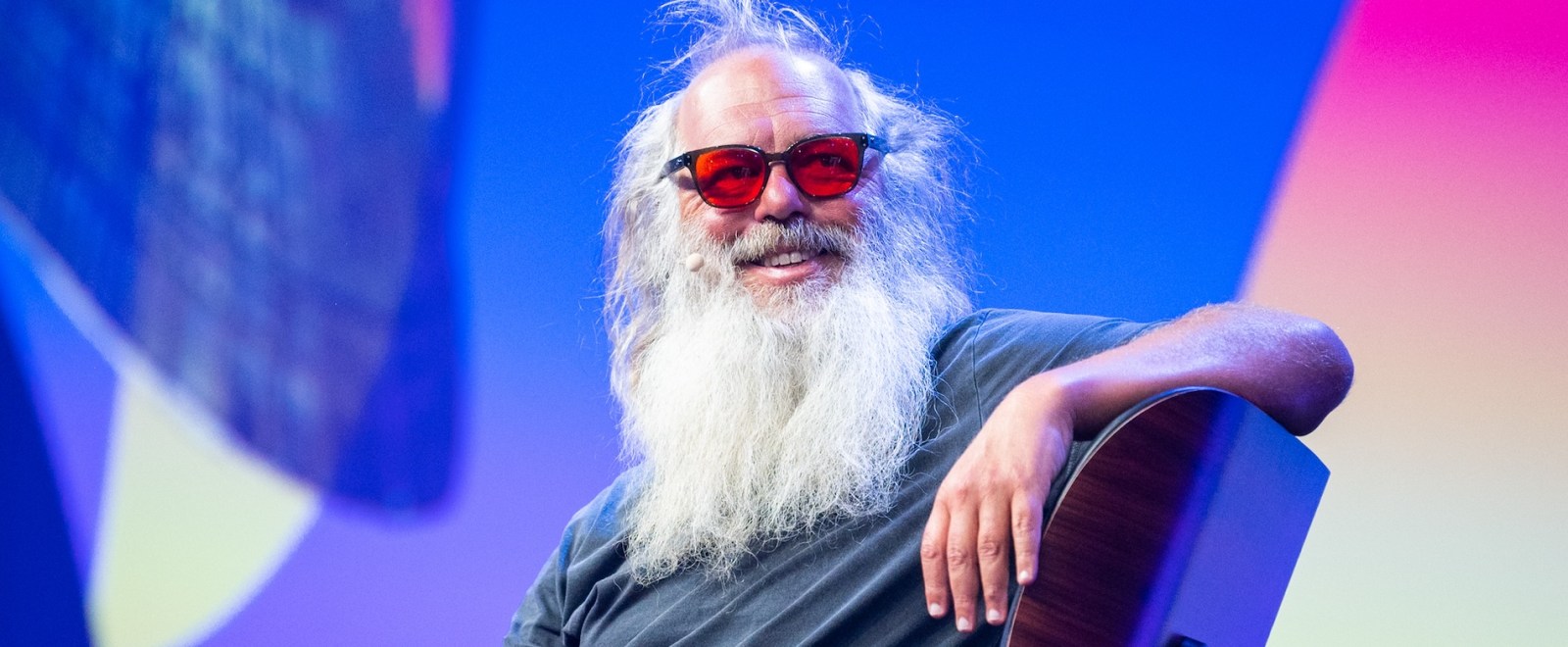Remember the episode of Lil Dicky’s Dave when he visited iconic music producer Rick Rubin, and the whole experience was this mystical, surreal waking dream? That’s not far off from how a lot of people see Rubin, who has long been the kind of person to do his own thing and think in his own ways.
Well, he was at it again recently: As Variety reports, this past weekend, he hosted Festival Of The Sun, an essentially secret music festival that took place primarily in an Italian church. The event was celebrated as the summer solstice took place.
Featured at the event was an eclectic lineup including Kirtan musician Krishna Das (who has been called yoga’s “rock star”), Twitter co-founder and former CEO Jack Dorsey, James Blake, Win Butler and Régine Chassagne of Arcade Fire, and Rhye, among others. There was also a screening of the Nick Cave documentary This Much I Know To Be True.
Rubin welcomed about 150 invitees into the church, although there was another stage that was open to the public for free. Those in attendance included Måneskin’s Thomas Raggi and Ethan Torchio, actors Riccardo Scamarcio and Benedetta Porcaroli (the latter of whom stars alongside Sydney Sweeney in Immaculate), and Italian rapper Ghali.
Some photos of the event were posted on the Festival Of The Sun Instagram account, so check them out below.







